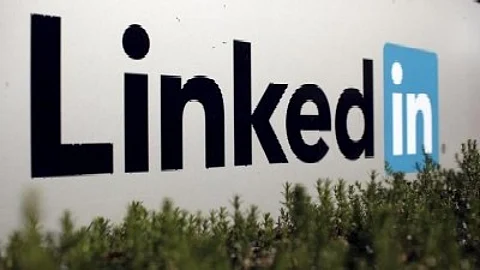Fake job offers and phishing scams are on the rise on LinkedIn and half of the businesses (56 per cent) globally experienced at least one LinkedIn scam this year, a report has shown.
A fake job offer is the most popular scam (48 per cent) and a damaged reputation (48 per cent) was the leading outcome of LinkedIn scams, according to NordLayer, a network security solution for businesses.
Almost half of companies (45 per cent) are also aware of a scam on LinkedIn using their organisation's brand name, the findings showed.
"The primary function of LinkedIn -- building a career -- introduces one of the most common LinkedIn scams, fake job offers. With 117 job applications submitted per second on the platform, fraudsters have an ideal environment for creating a legitimate-looking job posting to collect personal information or money," the report said.


